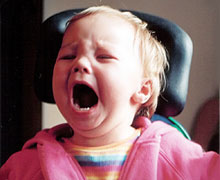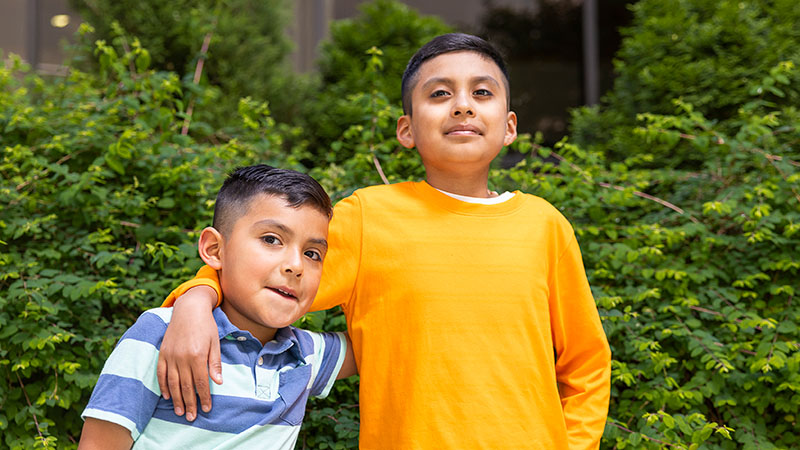Biting Hurts!
 The toddler and preschool years are when kids are learning how to express themselves. Often times, kids will try out new behaviors, such as biting, when they are frustrated or mad.
The toddler and preschool years are when kids are learning how to express themselves. Often times, kids will try out new behaviors, such as biting, when they are frustrated or mad.
If your child bites another child, first give the child who was bitten your attention. After you've helped that child, explain to your child that biting hurts. Say something like "we don't bite, we use our words." You can help your child think of words to use next time. Biting your child back is not a good way to teach them that biting hurts. It's better to model good behavior. Talk with all of your child's caregivers to agree on a plan for if they bite again. You may agree to use a one or two minute timeout. Be sure to praise your child when you see them showing their feelings in the right way.
Call a healthcare provider right away if a bite causes a puncture or cut that completely breaks the skin. Call during office hours if:
- Biting behavior lasts for more than four weeks after you start using this advice for how to deal with biting.
- Your child bites or hurts themselves.
- Your child has many other behavior problems.
- You have other questions.

